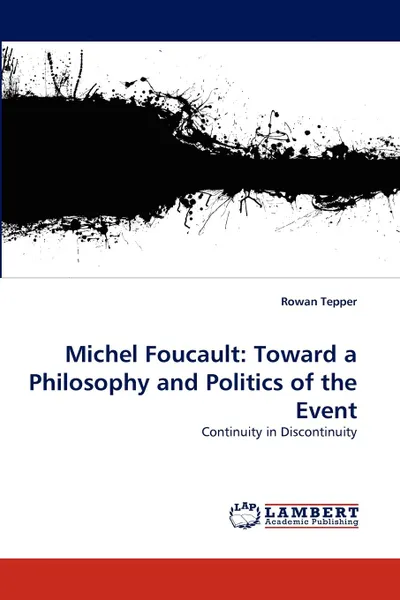Michel Foucault. Toward a Philosophy and Politics of the Event 12+
📖 This book constitutes an in-depth study of the works of Michel Foucault in both their epistemological and political dimensions. We see that a specific conception of "the event" (derived from the philosophies of Martin Heidegger and Gilles Deleuze) unites and underlies Foucault's three principal methodological progammes, Archaeology, Genealogy and the Hermeneutics of the Subject. The consequences of this theoretical unification have broad consequences and implications for the understanding not only of Foucault's work, but of the nature of knowledge and politics. Four appendices extend this study to encompass Foucault's influences - in particular, the influences of Friedrich Nietzsche, Maurice Merleau-Ponty and Georges Bataille - as well as the contemporary debate concerning biopolitics.
Мнения
